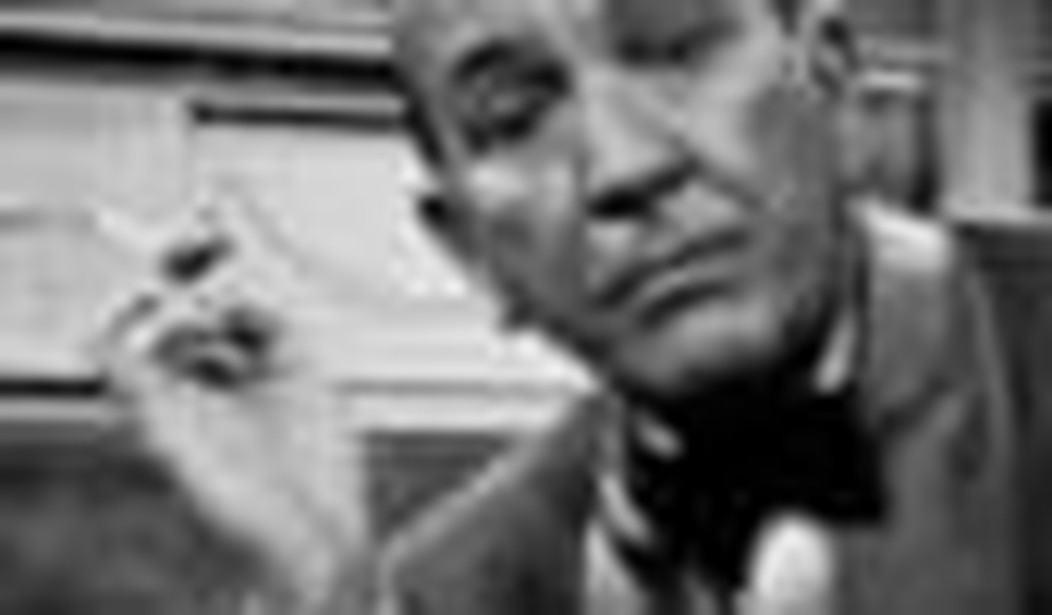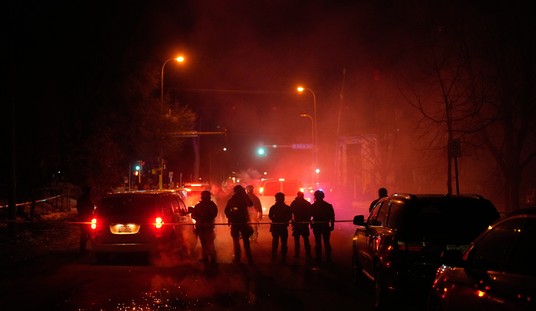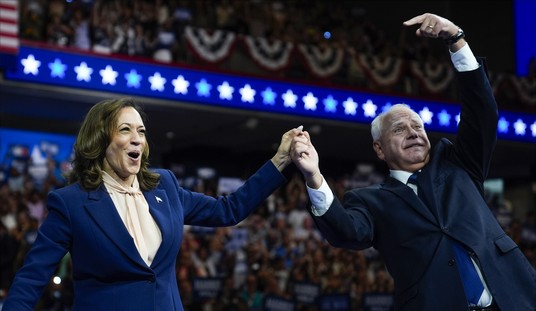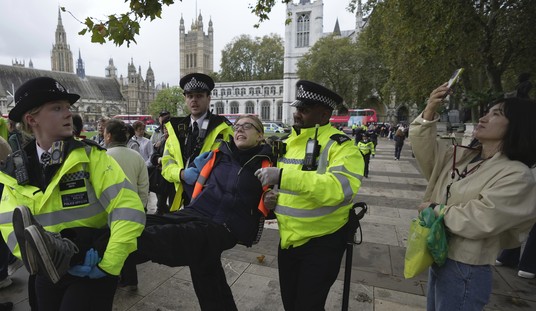Noel Coward has been dead some 35 years. His style of playwriting has been out of fashion since the late 1950s. Yet he seems more popular than ever – several of his plays are regularly revived and now a collection of letters to and from The Master as he was called, or called himself – with perhaps a wink and a nod to Henry James – has been published and it weaves a spell, reaching back to the 1920s.
The plays of his that are still popular might seem apolitical and even trivial – Hay Fever, Private Lives and Present Laughter are a few examples. A closer look shows them to contain characters that now seem to embody their eras. They’re quite astute and often very funny – white telephone plays. They can be a tonic.
Coward embodied a kind of English theatrical insouciance. He was witty, bitchy and if you knew how to read the signs, obviously gay. By today’s standards, you couldn’t miss it but during his working lifetime English law made homosexuality a punishable offense. A positive result of such a draconian law was that it drove Coward to write in amusing sexual metaphors. His output was enormous and had a breathtaking range. He mastered, comedy, drama, music, lyrics, short stories, verse, autobiography, travel writing, film making and off stage, spy craft.
During The War (as World War II was always called by those who were there) Coward, with a brief from the government, traveled the world and reported back on what he saw. It was a style of gentlemen spying that the English specialized in, reaching back centuries. Coward went to Washington, had drinks with FDR and Eleanor, stayed at the White House and sent back frank assessments of what he learned. His government work likely grew out of his friendship with Lord Louis Mountbatten. “Dickie” to the royal family and to Noel Coward. The man was connected – hooked up in today’s argot — and he became his own international back channel.
He was to go about his travels as nothing more or less than Noel Coward. “My disguise would be my own reputation as a bit of an idiot…a merry playboy,” he wrote. His handler in America was Little Bill Stephenson, the man called Intrepid, himself. Coward has told part of this story in Future Indefinite, one of the volumes of his autobiography, but in that telling he was more circumspect. In these letters he’s looser, less buttoned up.
Letter writing was once a regular part of a serious writer’s work life. Henry James wrote some 10,000 of them. It’s one of the ways we learn about an author’s thoughts without having to seek them out between the lines of a story. E-mail, easy international phone calls and near instant communication in general have changed all that of course and future generations will feel the loss.
Barry Day, the editor and complier of this volume has included letters to Coward as well as the ones from him. It’s an astonishing range of correspondents from the world of letters, the theatre and films. Virginia Woolf, Nancy Mitford, Rebecca West, T.E. Lawrence, Ian Fleming, George Bernard Shaw, John Osborne, Somerset Maugham, Alexander Woollcott and Edna Ferber among them, along with an assortment of aristocrats and royals. The Queen Mother was a particular friend.
His most regular correspondent – weekly letters for decades — was his mother, Violet. He reports his personal news, tells her of his travels and of his friends. He can be remarkably frank, though one recognizes that he’s aware of mum’s Victorian sensibilities.
As the years go on and his fame grows, his romantic interests become clearer though he always kept such matters private. He took to signing some letters, Nolie, Polie, Wolie. It can get cloying. On the other hand, the code could also be amusing. In a cable about his travels: I AM BACK FROM ISTANBUL WHERE I WAS KNOWN AS ENGLISH DELIGHT.
His wit was tireless. When Gertrude Lawrence, the greatest interpreter of his work, finally got out of the revues where she had made her name and into a straight play, he sent her a cable: LEGITIMATE AT LAST WON’T MOTHER BE PLEASED.
He corresponded with another Lawrence, too – of Arabia. That Lawrence’s stationery included his Royal Air Force identification number. Coward’s salutation was, “Dear 338171, (May I call you 338?) Lawrence, not known for humor, laughed. He later said of Coward, that he was “a hasty kind of genius.”
Coward’s cavalier wit was evident in conversation as well. Day recounts an incident in which Coward asked a colleague to keep him informed of developments on a film. He would be in Switzerland. “But what’s your address in Switzerland?” the fellow asked. “Oh, just write ‘Noel Coward, Switzerland.’ ” It probably worked.
For all the wit – and it’s here in glorious abundance – it’s Coward’s wartime activity that lingers in the mind. He was criticized in the press for his caviar and cocktails travel. It was taken for shirking. Max Beaverbrook’s Daily Express particularly took after him. There were hints in other papers – probably planted by Coward himself – which suggested that he was up to secret government missions. But his top hat reputation from the 20s and 30s was hard to overcome.
Coward’s friend and Jamaican neighbor Ian Fleming also did similar war work for the government. Fleming might well have had a bit of Noel in mind when he cooked up his most famous creation. Of course James Bond got into serious scrapes, and was certainly straight – but he was gaudy and he had his share of cocktails and caviar.
Though Coward rarely criticizes him in these letters, he believed that it was Churchill who got in the way of his knighthood, which didn’t come till after Churchill’s death. It was probably homophobia though that of course can’t be known. It was Maugham, who may have identified the problem, when he said, “Make people laugh and they will think you trivial.” He was surely thinking of his great friend, Coward. Churchill must have held a similar idea.
Coward may have exacerbated the situation by describing himself, famously, as having, “A talent to amuse.” It’s hard from this distance to see how anyone could doubt the man’s dedication to the war effort. His film, In Which We Serve, is a wartime masterpiece. He gave the best part of himself, his suave, debonair, hopelessly show biz personality and temperament to his country. If he could have fed some of those cocktails and a bit of that caviar to the east end he would have done it.
Part of Coward’s determination to be a part of the war might have derived from his less than stellar response to World War I. After first being rejected for service as tubercular, he was finally inducted. He lasted about eight months before he was invalided out. The likely cause was a nervous breakdown. He determined to do better when the next war arrived.
Noel Coward caught something of himself and his perpetual exuberance in a letter to Cecil Beaton about the designs for a new play. He had been traveling, as usual, and was looking forward to getting down to work. “I arrive home on May 5th,” he wrote. “And Heigh Ho for everything.”









Join the conversation as a VIP Member